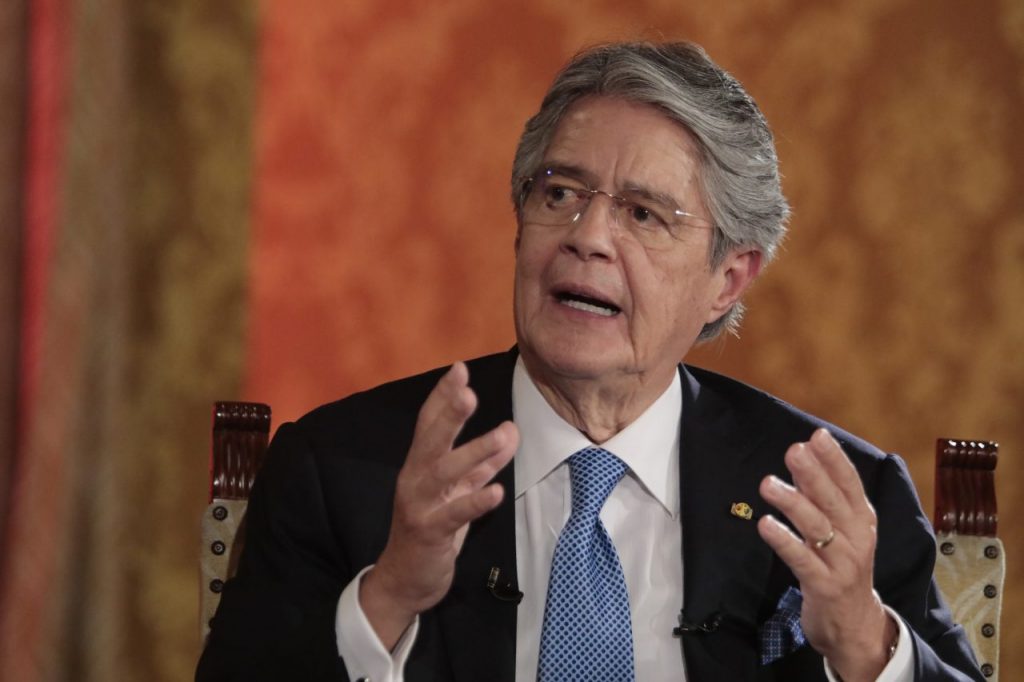“The good thing is that at the end of the day (it) puts pressure on organizations and forces them to seek efficiencies. You can always improve and optimize (the business) when you have lower income, if they are planned it is easier, if they are abrupt they are complex, “considered pension and retirement expert Moisés Pérez Peñaloza.
However, having lower income from this concept limits the ability of Afores to invest in technology, security, wealth management, market analysts and traders, all necessary to diversify investments that give more returns to workers. “The Afores could reduce their spending on what is important such as technology, services, human capital, having better people for the investment process,” said Carlos Ramírez, former head of Consar.
The former official added that it is possible that the Afores, with fewer staff, decide to make more conservative investments at zero cost, such as the Cetes, instead of looking for more attractive, profitable investments with a higher return in the long term. This will have a negative effect in the long run.
“The challenge for the regulator now will be that this does not translate into an impact on workers, although it cannot do much. If the Afores decide that they are going to cut expenses and can reduce commercial spending, that is a business decision, not They can be imposed and if you cut services, they would take the worker in the middle, “said Ramírez.
A deterioration in the quality of service to workers could also be a headache for future workers seeking to obtain their pension or for those who wish to carry out procedures such as unemployment benefits, since there will be fewer personnel in the Afores.
In 2020, after the start of the pandemic, the Afores began a more aggressive digitization process in order to have a more agile and efficient service. In addition, people who applied for unemployment assistance were able to access their resources in a maximum of 72 hours.
“We are in the prelude to boom real aging of the population, many people come who are going to start requesting their pension services at a time when there will be fewer people, less investment in technology, “said Moisés Pérez.
In addition, financial education efforts will also be at risk. The administrators have launched training programs for promoters, online courses for workers, among others.
Carlos Ramírez considered that this government decision to cap the Afores commissions will inevitably have a cost. “You cannot take a public policy action and expect it to be cost-free. Although the question is: at what cost to meet the Afores commission, of which there is no doubt that there is no zero cost, they can be higher or minors, that remains to be seen, “he warned.
How much do the Afores charge?
Although the Afores in 2021 established the charge of 0.80% on average, the Consar approved a different percentage for each administrator. The same will happen in 2022: the Afores will present the proposal and the Consar will approve, or not, said percentage.
The following table shows the commissions charged by each Afore.















